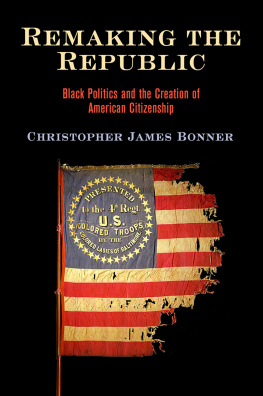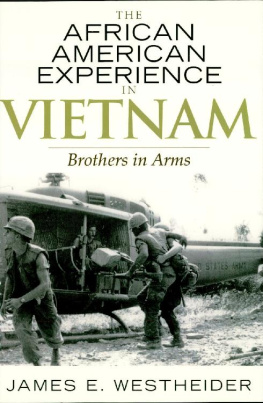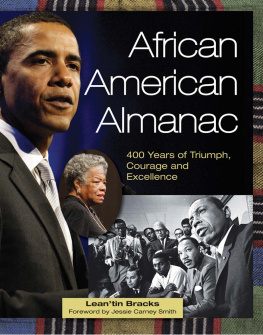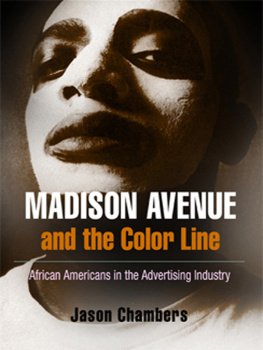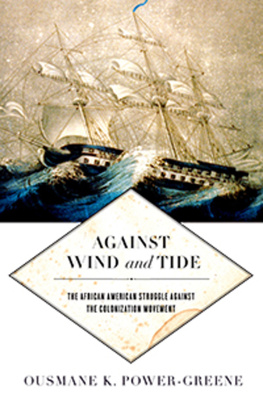www.upress.state.ms.us
Designed by Peter D. Halverson
The University Press of Mississippi is a member of the Association of American University Presses.
Copyright 2017 by University Press of Mississippi
All rights reserved
Manufactured in the United States of America
First printing 2017
Library of Congress Cataloging-in-Publication Data
Names: German, Kathleen M. author.
Title: Promises of citizenship : film recruitment of African Americans in World War II / Kathleen M. German.
Description: Jackson : University Press of Mississippi, 2017. | Series: Race, rhetoric, and media series | Includes bibliographical references and index. |
Identifiers: LCCN 2016056635 (print) | LCCN 2017021060 (ebook) | ISBN 9781496812360 (epub single) | ISBN 9781496812377 (epub institutional) | ISBN 9781496812384 (pdf single) | ISBN 9781496812391 (pdf institutional) | ISBN 9781496812353 (cloth : alk. paper)
Subjects: LCSH: African American soldiers in motion pictures. | Race relations in motion pictures. | World War, 19391945Motion pictures and the war. | United StatesArmed ForcesAfrican Americans. | United StatesArmed ForcesRecruiting, enlistment, etc.World War, 19391945.
Classification: LCC PN1995.9.N4 (ebook) | LCC PN1995.9.N4 G47 2017 (print) | DDC 791.43/652996073dc23
LC record available at https://lccn.loc.gov/2016056635
British Library Cataloging-in-Publication Data available
Introduction
Once let the black man get upon his person the brass letters, U.S., let him get an eagle on his button, and a musket on his shoulder and bullets in his pockets, and there is no power on earth which can deny that he has earned the right to citizenship in the United States.
REDERICK DOUGLASS1
Throughout American history, African Americans have lived largely at the margins of society, undereducated, poorly skilled, and underemployed in a nation that separated people by race and limited full citizenship rights to the white majority.2 While African Americans fought and died in all American wars to guarantee liberty, their own freedom was denied or restricted. Black men and women have participated in military conflicts since the earliest days of the nation, fighting in local skirmishes and in the War of Independence; in every colony, they served in militia units and the Continental army.3 However, black participation in American military history has been treated ambiguously at best.
Although little research has been done on the colonial conflicts, New England records reveal that blacks joined in militia units in inter-colonial wars and clashes with Native Americans. Some of these men were freedmen and others were probably slaves, but it is not entirely clear if enslaved black men were utilized in similar capacities in the Southern colonies. Southern fear of revolts probably limited arming African Americans in slaveholding regions. Slaves and freedmen were employed as laborers and soldiers in both the Union and the Confederacy during the Civil War. They fought in the Spanish-American War and in every conflict of the twentieth century.
At the end of World War I, black veterans returning from European trenches expected fuller citizenship rights as a reward for their sacrifice. Instead, racial discrimination and segregation continued, especially in the Southern regions of the country. These mens contributions to American freedomor at least to the freedom of white Americansare largely absent from the historical record and similarly ignored in popular culture. In addition, African American citizen soldiers who participated in World War II did so despite decades of broken promises of full citizenship. Ronald Krebs summarizes the black experience in American history, explaining that African Americans have perceived a tight bond between military service and civil rights, volunteering to serve even when it was apparent that the United States would break this basic social contract.4
Despite their willingness to fight for freedom, African Americans have been excluded from the national symbolism that valorizes wartime sacrifice.5 On one occasionnoteworthy because of its rarityAdmiral Chester W. Nimitz, awarding Doris Dorie Miller the Navy Cross for bravery during the attack on Pearl Harbor, stated, This marks the first time in this conflict that such high tribute has been made in the Pacific Fleet to a member of his race and Im sure that the future will see others similarly honored for brave acts. However, such recognition was slow to arrive. It took executive action and another war before the military became completely integrated.
Only recently has the courage of African Americans been popularly recognized. Films such as Glory (1989), Ken Burnss documentary The Civil War (1990), and The Tuskegee Airmen (1995; 2002) are just beginning to fill historical gaps. We sometimes catch glimpses of African American heroism, as in the character based on navy steward Dorie Miller in the popular film Pearl Harbor (2001). Such instances are cameos by prominent actors like Cuba Gooding Jr., and the extent of wartime participation by African Americans remains obscured, the inequities imposed by segregation ignored. Although popular culture resists acknowledging African American contributions to history, there may now be an increasing awareness of the many faces of freedom, especially in recent conflicts in Vietnam, Iraq, and Afghanistan.
The full promise of the American dream still eludes many Americans, among them large numbers of African Americans. Life expectancy, job opportunities, income levels, educational achievement, general healthmeasured against all of these yardsticks, African Americans often fall short. Their struggle to participate equally in American society continues into the twentieth century. Despite the shortfall, there has been progress toward equality. The points of transition can often be marked on the calendar of history: the Emancipation Proclamation, President Trumans executive order integrating the armed forces, the Civil Rights Bill of 1964, Brown v. the Board of Education, and other landmarks. Among these events, perhaps the most far-reaching was World War II.
World War II forced Americans to reckon with the inequities of racial segregation. It was a war fought for liberty by many Americans from whom liberty was withheld. World War II was the stage for massive social, political, and military disruptions that challenged the wisdom of Jim Crow segregation and offered opportunity for change in the decades that followed. John W. Dower claims that World War II was not just about the rise and fall of empires, the shifting fortunes of international powers, but also a race war fueled by racial pride, arrogance, and rage on many sides. Ultimately, it brought about a revolution in racial consciousness throughout the world that continues to the present day... it is a critical aspect which has rarely been examined systematically.6 World War II revealed core patterns of prejudice that had distorted American society since its inception.



